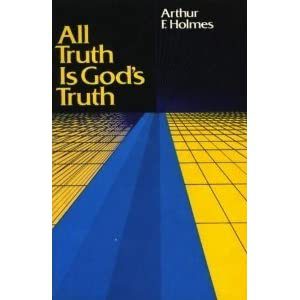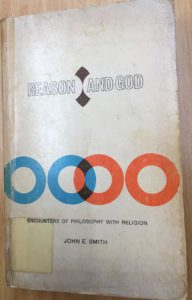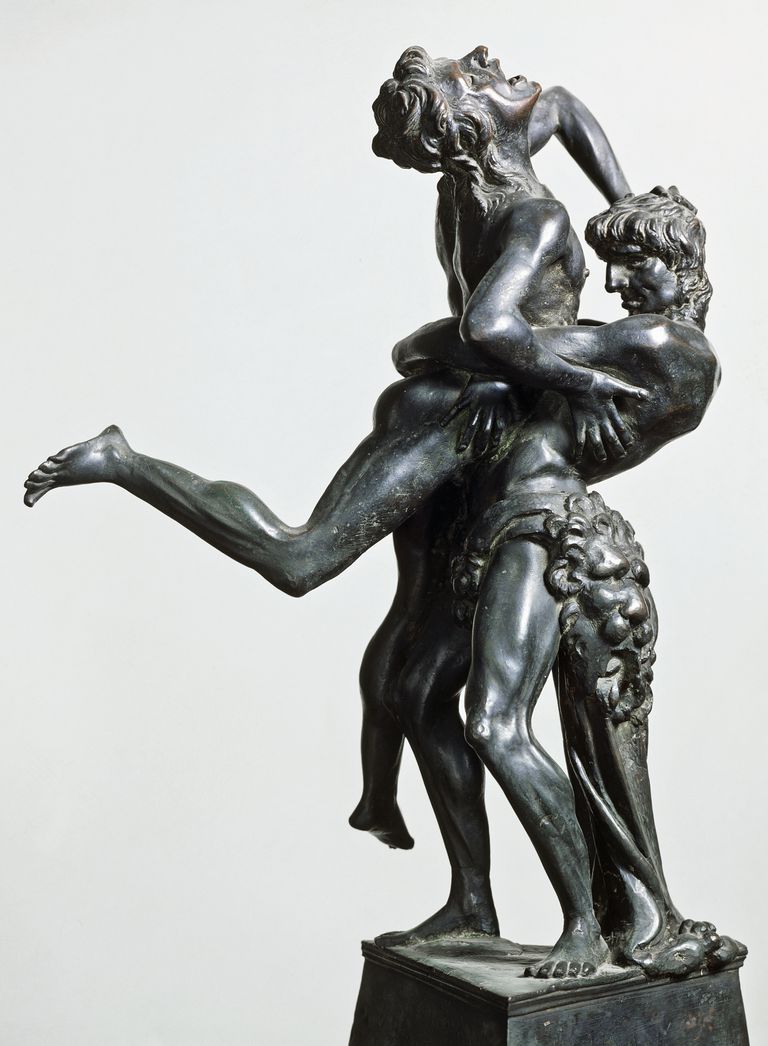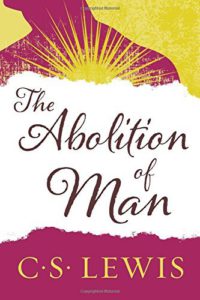
The Abolition of Man (1943) by C.S. Lewis
Kairos Podcast Review on Books & Culture
Reviewer: David B.C. Tan
Discussant: Micheal Lim
You are welcome to join the discussion at:
Book Review: The Abolition of Man
Please forward this message if you find the video discussion helpful.
—-
In The Abolition of Man, C.S. Lewis sets out to persuade his audience of the importance and relevance of universal values such as courage and honor in contemporary society. “The task of the modern educator is not to cut down jungles but to irrigate deserts. The right defence against false sentiments is to inculcate just sentiments.” (C.S. Lewis)
By it [right sentiments] Lewis means “emotions conform[ing] to Reason.” As he explains it, “The heart never takes the place of the head: but it can, and should, obey it…For Lewis the ability to have right sentiments is what separates humans from animals…The failure to nurture right sentiments ultimately results in the abolition of man, Lewis contends, because modern education produces “what may be called Men without Chests.” (Enc. Britannica)
In Lewis’s template, “the head rules the belly through the chest”—the chest is the mediator between our animal urges and minds and is the mechanism for training and tempering the belly. Without the chest, our disordered loves run wild. (J. Kohm)
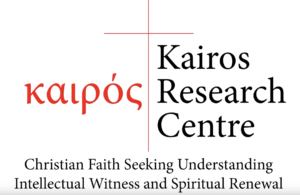
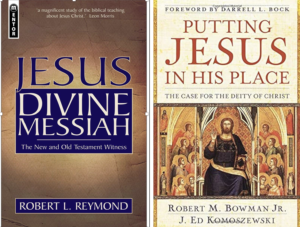 Orthodoxy and Heresy in Earliest Christianity
Orthodoxy and Heresy in Earliest Christianity